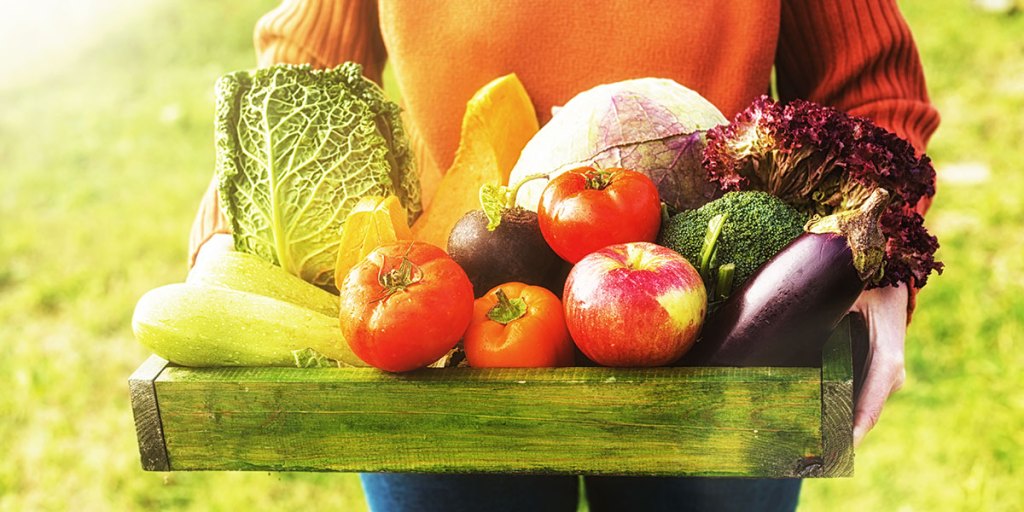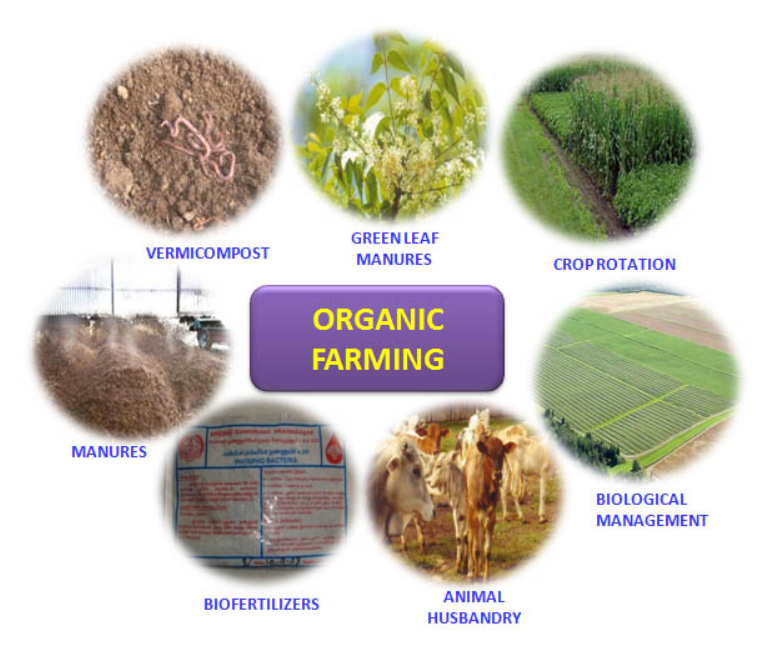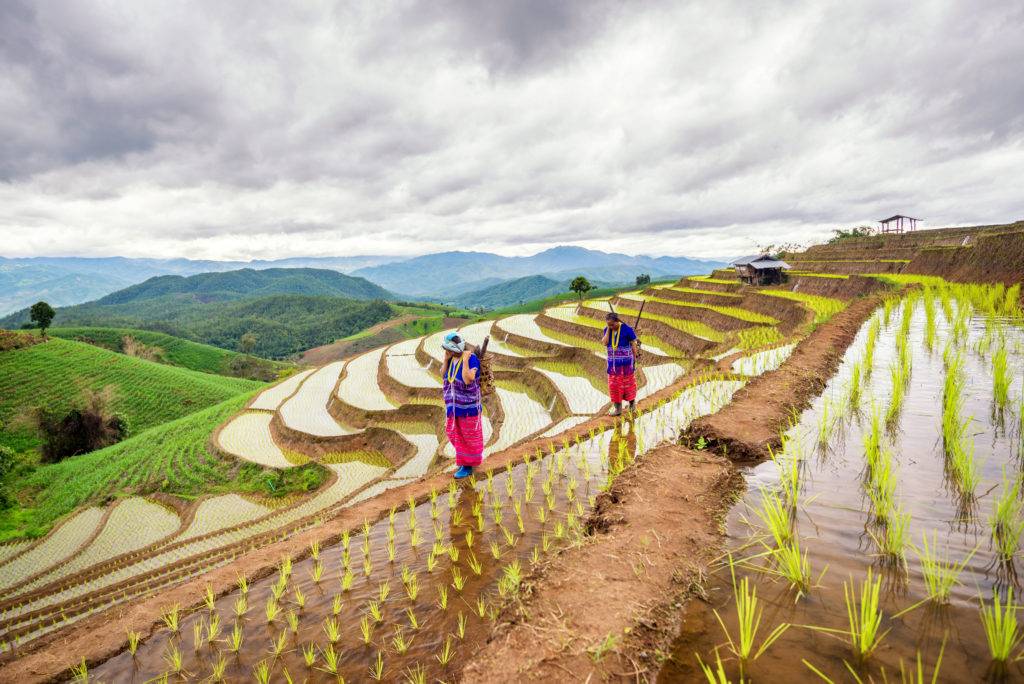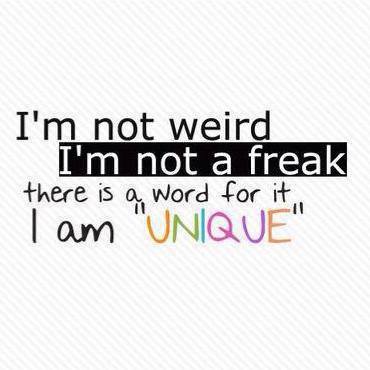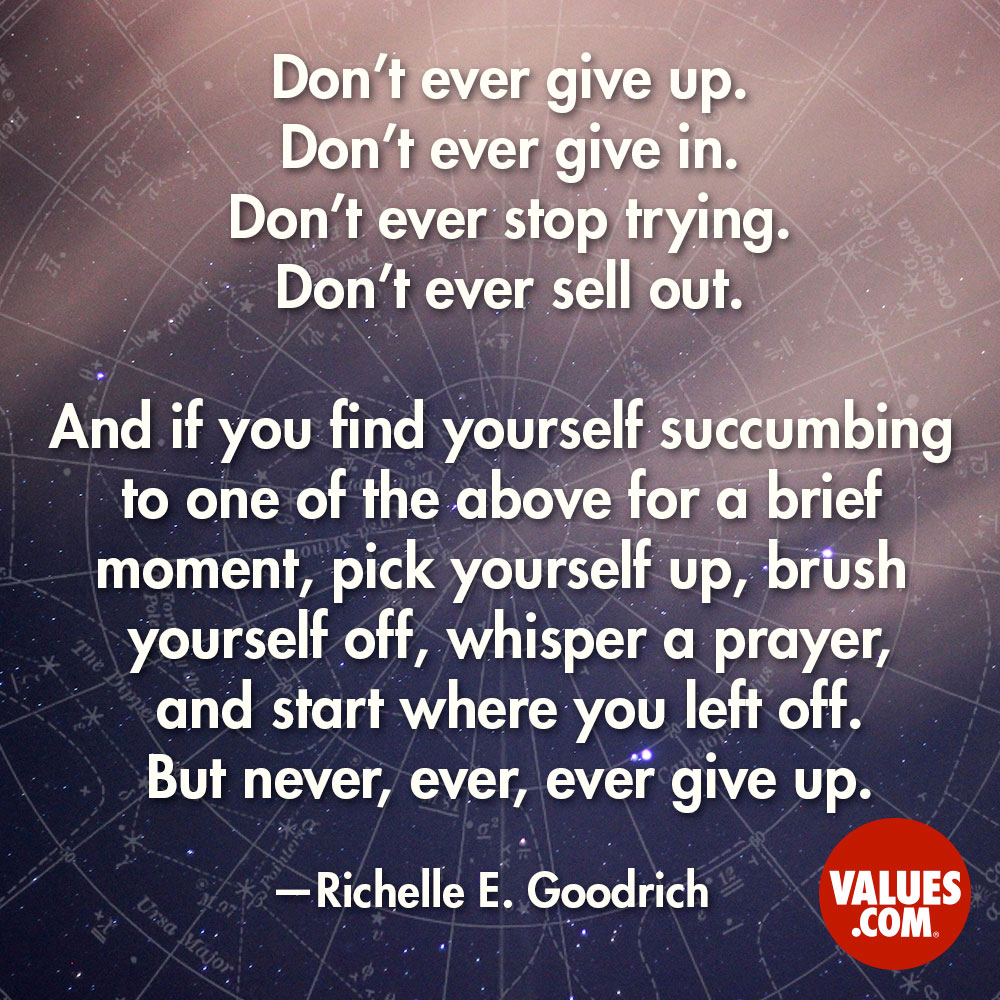Basically Intellectual property is ideas, information, and knowledge. IP rights protects the works, ideas, design, or something that you have made or created. It includes copyright for your creative work like books, software, and paintings. For most businesses, IP is a tool for creativity, innovation, and even education. IP is protected in law by, such as copyright, trademarks, which enables people to earn recognition or financial benefits from what they create or invent. There are various ways of using IP to protect your creations or inventions. In previous semester we learned about the intellectual property types and it’s importance in MUV601 subjects.
There are copyrights, trademarks, licenses and all sorts of things that need to be consider to make sure that you’re nice and safe. Actually, copyright protects original works of authorship that are fixed in a tangible medium of expression whereas trademark law speaks to what branding and names have become indicative of a particular service or product. In most cases, we have to examine all the separate elements of what you are about to stream.
There are several separate elements to investigate including text, art, music, video, photographs, rights of publicity and more. While adding or streaming video over the internet you’ll need a new-media license, a video-sync license, and the rights of publicity releases. I think it’s better to check all the prospects of IP before you add any things such as, art, video, text etc to be safe.
It includes like Registered trademarks, designs, patents, plant variety rights etc. Unregistered IP with the national agency can also help to protect secret information which includes such as unregistered trade mark, trade secrets, secrecy agreements and copyright. If you are starting a business than it is important to protect your inventions or ideas. In general there are four types of intellectual property. They are as follows:
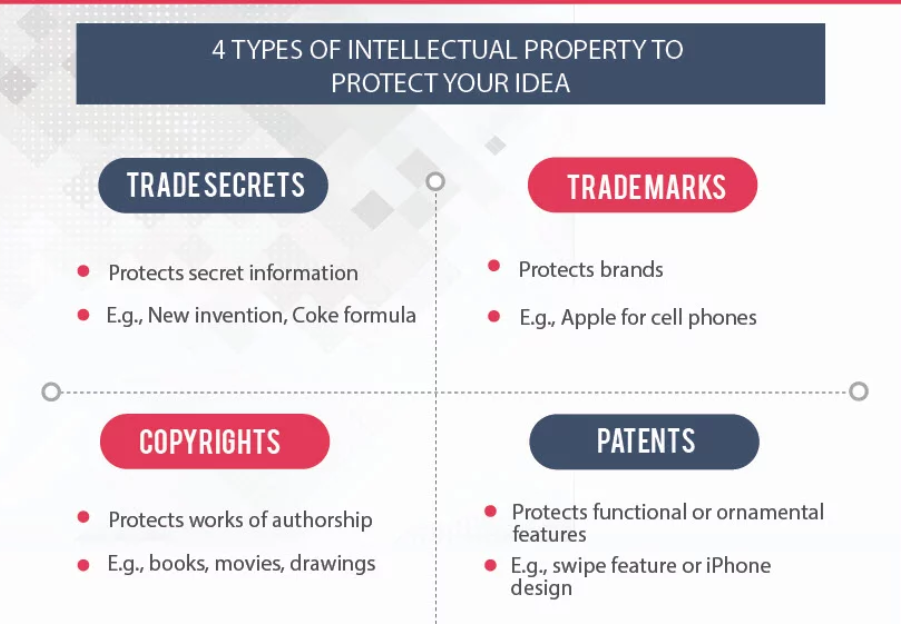
- Trade secrets: Trade secrets are IP rights on confidential information which may be sold or licensed. The unauthorized permissions or practices by others is regarded as an unfair practice and a violation of the trade secret protection. Without a confidentiality agreement you cannot use others creations. A trade secret is not registered with any government office to provide a verifiable public record of any claims to the secret. It refers to items like such as recipes that are unique and provide a business with a competitive advantages. One of the most famous and best-kept secrets is the formula for Coca-Cola which is still a mystery. Examples like : patterns, techniques, processes, formula. You can take legal action against those who misappropriate your trade secrets, but you must be able to prove the secret was obtained through illegal means.
- Copyright : copyright protects creative works in a tangible form that includes books, movies, music, artwork, and other kinds of creations. Copyright often lasts 50 to 70 years after the creator’s death but depends on the countries laws and regulations. Copyright mainly deals with artistic creations. It gives you exclusive rights to copy, distribute, reproduce, display and license the work. Examples: software, books, databases, graphic arts, video and sound recordings. You can sale your copyrighted assets and lease them in exchange for license fees and royalties.
- Trade Mark : It is another common type of IP, is registered with the trademark office as a mark that distinguishes the sources of goods or services. Trademarks are the names, symbols, patterns and phrases that differentiate your business from other industry such as a logo, slogan, sound, color etc. sometimes trademarks may overlap with copyrights.
- Patents : Patents deal with inventions, chemical formulas, or methodology. It grants property right on an invention, allowing the patent holder to exclude others from making, selling, or using the invention. Parents are special forms of IP registered with the USPTO, they protect inventions and functional designs for products. Examples: utility, design, and plant patents. Parent protection requires full public disclosure of the work in detail.
I think that most of the people are a bit confused about the copyleft and copyright (IP). Copyleft license grants permission to copy and reproduce IP Whereas copyright protects society’s interests in invention and creativity by providing individual incentives through copyright control. Copyleft license is mostly used in software, digital art, writings, and other creative content. Copyleft license is granted under copyright law.
While copyright prevents others from benefiting from copying or using the work without attributing the work to the owner of the copyright. It attaches automatically to original artistic works. You don’t have to register the right separately. Therefore, others can only republish or reproduce the copyright material when they have the owner’s permission.
Here are the some key points that will help you to protect your intellectual property (IP) and get your IP strategy right:
- First, you have to identify your IP
- Understanding different types of IP and advantages of each one.
- Keeping your idea confidential
- Protect your ideas or brand by registering it
- Beware of infringement
If you have not mention anything in your content then by default it comes under the copyright license and by the New Zealand intellectual property office also automatically protects your content in case you didn’t provide any license on your creation.
I have also include IP license in my WordPress blog.

https://ocpatentlawyer.com/four-types-intellectual-property-protect-idea/
https://www.law.cornell.edu/wex/intellectual_property
https://www.wipo.int/edocs/pubdocs/en/intproperty/450/wipo_pub_450.pdf ]






